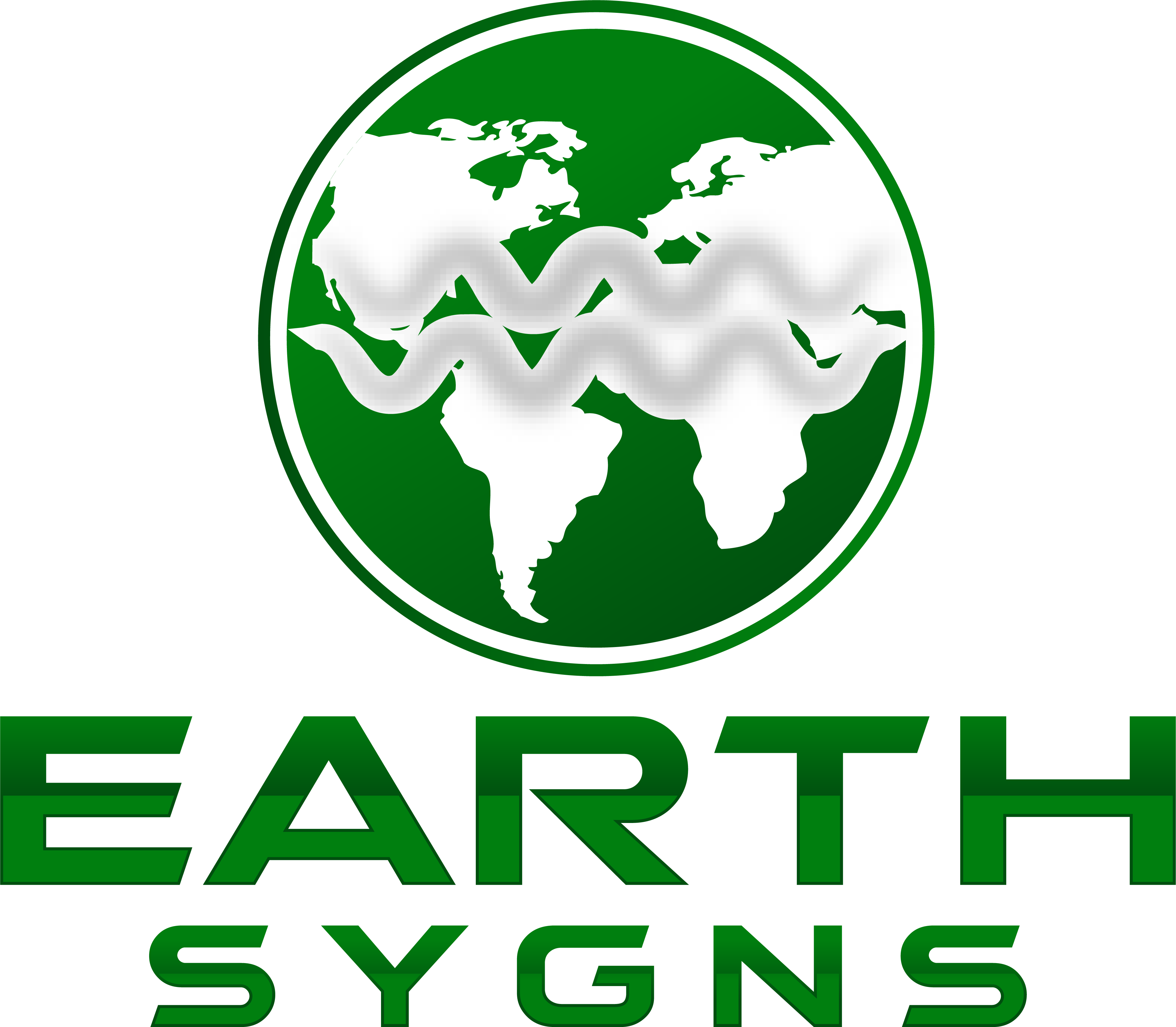The ongoing danger of pesticides to ourselves and our planet
Zoe Wreford
Published 60 years ago, Rachel Carson’s ‘Silent Spring’ warned of the dangers that pesticides inflict upon our ecosystems and environment. Focusing on the synthetic pesticide DDT, Carson’s work refuted the distribution of toxic chemicals that bioaccumulated and altered cellular processes within nature. In her opening chapter, she imagines a bleak town, where nature and life have been wiped out due to contamination from DDT. Modern-day science continues to vindicate Carson’s worry, affirming chemical pesticides’ risk to pollution, biodiversity loss, and health impacts on humans. While DDT has since been banned, our agriculture remains primarily reliant on the use of various chemical pesticides. With our current climate creeping closer towards Carson’s cautionary vision of a ‘Silent Spring’, we must ask ourselves why, despite having been aware of their dangers for decades, we continue to use pesticides.
According to recent Guardian articles, the use of chemical pesticides continues to harm our ecosystems and ourselves. A recent article found dangerous levels of PFAs (poly-fluoroalkyl substances) from food pesticide use in US crops. Often referred to as “forever chemicals”, due to their inability to degrade, PFAs refer to a family of about 12,000 synthetic chemicals that cause harmful effects on both humans and animals. The Centre for Biological Diversity further discovered these PFAs present in Intrepid 2F, of which more than 1.7 million pounds were applied over 1.3 acres of California valleys. The European Environment Agency also confirmed that pesticides contaminate over 80% of the EU’s agricultural soils, indicating the alarmingly apparent relevance of pesticide use.
Furthermore, the Rivers Trust and Wildlife and Countryside Link (WCL) found neonicotinoids (a type of insecticide concerned with decreasing bee populations) in UK rivers. According to the Environments Agency, 55% of tested English river sites contained levels of neonicotinoids above the EU’s standard of safety for wildlife. The intervention of such insecticides disrupts the inter-species interaction within aquatic biospheres, thus threatening individual organisms as well as the safety of our drinking water.
This results in the presence of toxic chemicals in our natural systems, food, and drink. The persistent nature of these chemicals causes them to linger, increasing the likelihood of our bodies absorbing them in larger quantities. Long-term, this poses a real threat to the health of humans, since such chemicals and PFA’s have been linked to long-term auto-immune conditions, kidney, and thyroid disease, and cancer.
An essential step forward involves a less anthropocentric assessment of public health policies. Health professionals and scientists have proposed a solution in the form of a framework labeled One Health, which has now been ‘embraced’ by W.H.O (the World Health Organization), the Centres for Disease Control and Prevention, and other international institutions. One Health adopts an ecological stance, advocating for the justice of individual species and their interconnection with their biospheres. Moreover, a shift towards more plant-based diets and deliberate efforts to reduce food waste would further minimize pressure on the agricultural industry to meet food demand, reducing the need for unsustainable, subsidized agricultural practices.
Sources:





